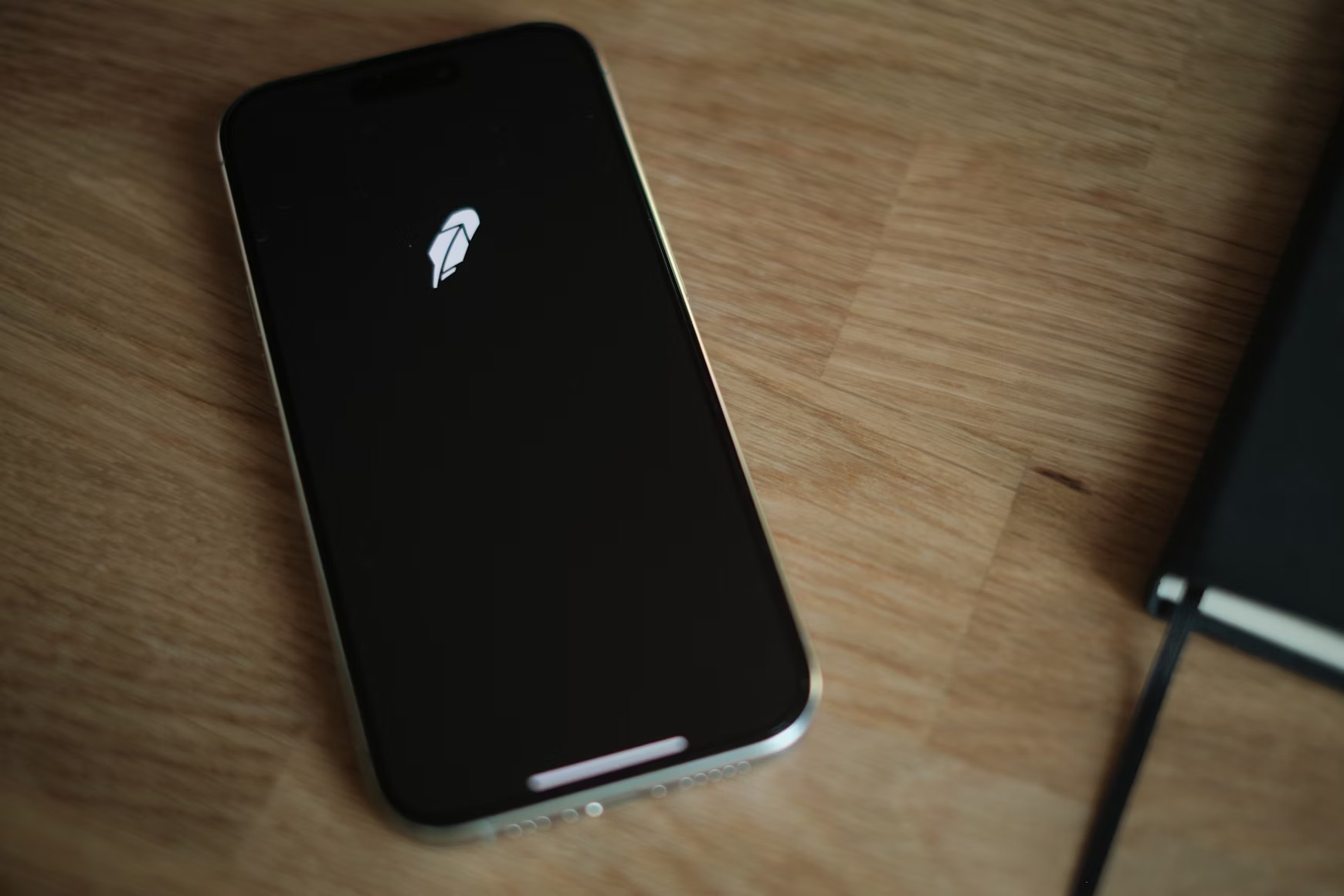
Shares of advertising technology company AppLovin and trading platform Robinhood Markets each jumped about 7% in extended trading on Friday after S&P Global confirmed both will be added to the S&P 500 index.
The changes will take effect before trading begins on Sept. 22. AppLovin will replace MarketAxess Holdings, while Robinhood will take the place of Caesars Entertainment.
Market Reactions and History
Inclusion in the S&P 500 typically drives stock gains as fund managers must purchase shares to reflect index updates. Both AppLovin and Robinhood went public in 2021 and have experienced sharp swings in market performance since.
In March, short-seller Fuzzy Panda Research urged the committee to exclude AppLovin, which had previously dropped 15% in December when left out in favor of Workday. Robinhood also saw its shares slip 2% in June when excluded from that quarter’s rebalancing.
The S&P 500 already leans heavily toward technology firms, with Datadog and DoorDash added earlier this year.
AppLovin shares have surged dramatically in recent years, gaining 278% in 2023 and over 700% in 2024, though the pace has slowed to 51% so far in 2025. The company’s software specializes in targeted advertising for mobile apps and games.
Earlier this year, AppLovin offered to buy the U.S. TikTok business from China’s ByteDance. President Donald Trump has repeatedly extended deadlines for the sale, most recently in June.
Robinhood’s Path to the Index
Robinhood, popular among retail investors who trade meme stocks like AMC Entertainment and GameStop, had long eyed entry into the S&P 500. At the company’s annual meeting in June, co-founder and CEO Vlad Tenev said joining the index is not something that can be planned but hoped eligibility would eventually bring the milestone.
MarketAxess, a fixed-income trading firm, has seen shares fall 17% this year. Caesars Entertainment, which operates hotels and casinos, has dropped 21%.
Author’s Opinion
The excitement around AppLovin and Robinhood joining the S&P 500 is understandable, but it doesn’t guarantee long-term success. Both companies are still relatively young, volatile, and reliant on shifting trends in tech and retail investing. For investors, inclusion in the S&P 500 brings short-term gains, but history shows it’s no shield against future downturns. The index status is recognition — not insurance.
Featured image credit: appshunter via Unsplash
For more stories like it, click the +Follow button at the top of this page to follow us.
